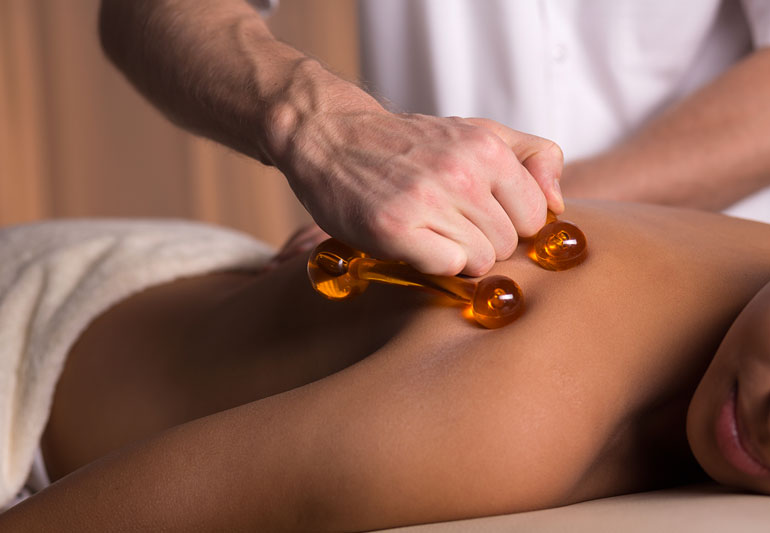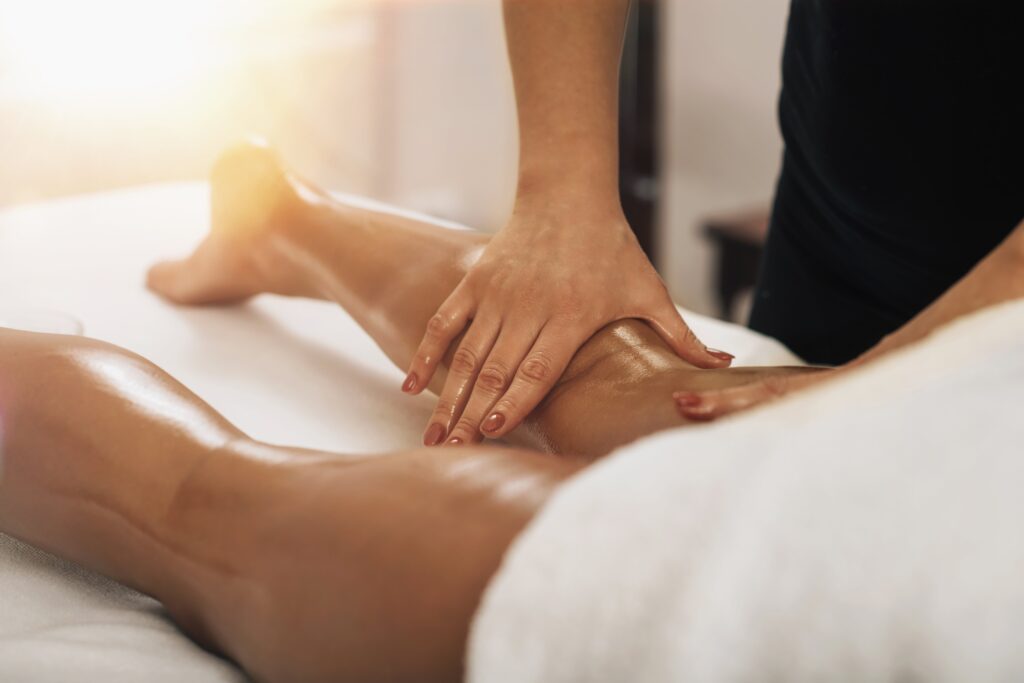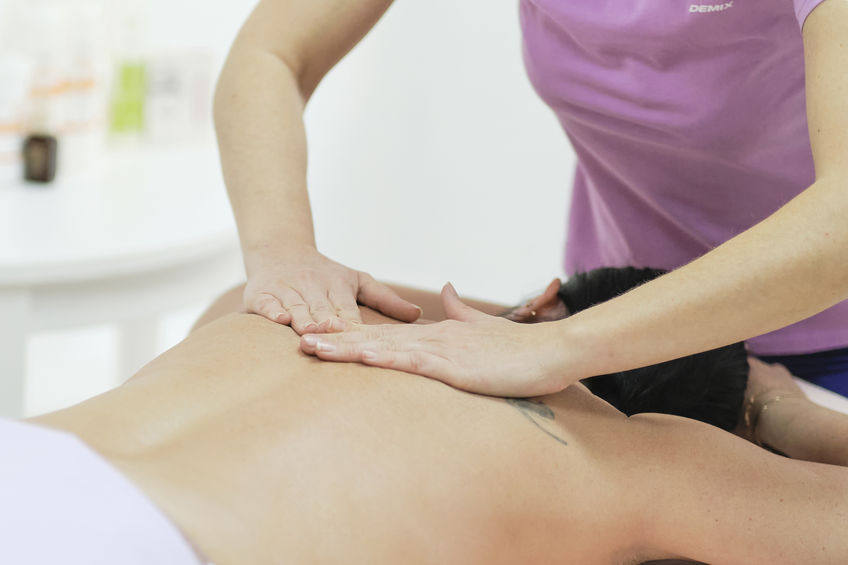Have you ever experienced a massage and felt a little strange afterwards? Maybe you felt lightheaded, sleepy, or even a bit emotional? Well, you’re not alone! Many people often wonder why they feel weird after a massage. Don’t worry, we’ve got the answers for you!
When you receive a massage, your body goes through a series of reactions. The release of tension and the manipulation of your muscles can cause different sensations and feelings. It’s actually quite normal to feel a little weird after a massage.
In our upcoming article, we will delve into the reasons behind these post-massage weird feelings. We’ll explore the physical and psychological factors that can contribute to this experience. You’ll learn why some people feel light-headed, others may feel emotional, and some may even experience vivid dreams. So, stay tuned and get ready to gain a deeper understanding of why you feel weird after a massage!
Physical sensations after a massage
Muscle soreness and tenderness
After a massage, it is common to experience muscle soreness and tenderness. This can be a result of deep tissue manipulation or the release of tension in specific areas. The muscles may feel slightly tender to the touch and it is important to remember that this is a normal part of the body’s healing process. Applying a warm compress or taking a hot bath can help alleviate some of the discomfort.
Increased blood flow and lymphatic circulation
During a massage, the therapist applies pressure and manipulates the soft tissues, which increases blood flow and lymphatic circulation. This can cause a temporary feeling of warmth or tingling in the areas that were worked on. It is a sign that the body’s circulatory system is responding to the treatment and delivering oxygen and nutrients to the muscles.
Release of built-up toxins
Massages can help release built-up toxins in the body. As the muscles are manipulated, toxins that have been stored in the tissues can be released into the bloodstream. This can sometimes result in a feeling of lightheadedness or nausea. Drinking plenty of water before and after the massage can help flush out these toxins and minimize any discomfort.
Psychological and emotional reactions
Emotional release
Massages have the ability to release stored emotions and stress. As the body relaxes during a massage, it can trigger the release of emotions that have been suppressed. It is not uncommon for people to feel emotional during or after a massage. It is important to allow these emotions to flow and not suppress them.
Heightened sensitivity
After a massage, you may notice that your senses feel heightened. Colors may appear more vibrant, sounds may seem louder, and your sense of touch may be more sensitive. This heightened sensitivity is a result of the relaxation and increased blood flow to the body’s sensory receptors.
Relaxation and reduced stress
One of the main reasons people seek out massages is for relaxation and stress relief. After a massage, it is common to feel a deep sense of relaxation and reduced stress. The release of tension in the muscles and the activation of the parasympathetic nervous system can induce a state of calmness and tranquility.

This image is property of d3eh3svpl1busq.cloudfront.net.
The role of the parasympathetic nervous system
Activation of the rest-and-digest response
A massage activates the parasympathetic nervous system, which is responsible for the body’s rest-and-digest response. This response helps the body relax, improve digestion, and promote overall well-being. As the parasympathetic nervous system is activated, your heart rate and blood pressure may lower, allowing for a deeper sense of relaxation.
Relaxation of muscles and organs
The parasympathetic nervous system also helps relax the muscles and organs in the body. This relaxation can lead to a feeling of heaviness or a sensation of the body sinking into the massage table. It is important to allow your body to fully relax during and after a massage to reap the benefits of this response.
Lowered heart rate and blood pressure
Another effect of the parasympathetic nervous system activation is a lowered heart rate and blood pressure. This is a natural response to relaxation and can contribute to the overall feeling of calmness after a massage.
Possible side effects and discomfort
Nausea and dizziness
As mentioned earlier, the release of toxins during a massage can sometimes cause feelings of nausea or dizziness. This is a temporary reaction and usually subsides within a few hours. Drinking plenty of water before and after the massage helps flush out these toxins and can minimize these side effects.
Headache or lightheadedness
Some individuals may experience headaches or lightheadedness after a massage. This can be a result of increased blood flow and the release of tension in the head and neck muscles. Taking a break after a massage and allowing your body to adjust can help alleviate these symptoms.
Temporary difficulty concentrating
After a massage, you may notice that it is challenging to focus or concentrate on tasks. This is a normal reaction and is a result of the relaxation and heightened sensory perception that massages can induce. Taking a few moments to ground yourself and engage in deep breathing exercises can help recenter your focus.

This image is property of health.clevelandclinic.org.
Individual differences and personal factors
Previous body trauma or injury
Individuals who have experienced previous body trauma or injury may have a different response to a massage. The release of tension in these areas may bring up memories or emotions associated with the trauma. It is important to communicate with your massage therapist about any previous injuries or trauma to ensure a safe and comfortable experience.
Emotional state and overall well-being
Your emotional state and overall well-being can influence how you feel after a massage. If you are already feeling stressed or overwhelmed, a massage can enhance relaxation and reduce those feelings. However, if you are experiencing a particularly difficult time emotionally, a massage may bring up buried emotions that need to be addressed.
Sensitivity to touch or certain techniques
Some individuals may have a heightened sensitivity to touch or certain massage techniques. It is important to communicate your preferences and any discomfort you may experience during the massage. A skilled massage therapist will be able to adapt their techniques to ensure your comfort and well-being.
The release of stored tension and emotions
Muscle memory and emotional imprints
The body holds onto tension and emotions in the muscles. Through massage, these stored tensions and emotions can be released. It is not uncommon to experience physical or emotional sensations during or after a massage as these imprints are being released.
Unconscious body reactions
During a massage, the body may respond unconsciously to certain techniques or pressure. This can manifest as twitches, reflex movements, or even emotional responses. It is important to allow these reactions to occur without judgment or repression.
Temporary vulnerability and sensitivity
After a massage, you may feel more vulnerable or sensitive than usual. This is a result of the release of tension and emotions during the session. It is important to honor and nurture this vulnerability by practicing self-care and engaging in activities that promote relaxation and self-reflection.

This image is property of imgix.bustle.com.
Massage therapists’ explanations
Stimulation of nerve endings and energy pathways
Massage therapists often explain the sensations experienced after a massage as a result of the stimulation of nerve endings and energy pathways in the body. By applying pressure and manipulating the soft tissues, therapists believe that they help restore the natural flow of energy and promote healing.
Activation of the body’s self-healing mechanisms
Massage therapists also believe that the body has its own self-healing mechanisms. Through massage, these mechanisms are activated and brought to the surface. The sensations experienced after a massage are seen as signs that the body is working towards self-repair and restoration.
Rebalancing of the body’s energy flow
Massage therapists view the sensations after a massage as a rebalancing of the body’s energy flow. By releasing blockages and facilitating the free flow of energy, they believe that the body can achieve a harmonious state of well-being.
Post-massage self-care
Staying hydrated
One of the most important aspects of post-massage self-care is staying hydrated. Drinking plenty of water helps flush out toxins and aids in the body’s natural healing process. It is recommended to drink water before and after a massage to support the body’s detoxification process.
Resting and allowing the body to recover
After a massage, it is important to give your body time to rest and recover. This allows the muscles and tissues to heal and helps maintain the benefits of the massage. Engaging in gentle activities such as walking or light stretching can also aid in the recovery process.
Gentle stretches and movement
Engaging in gentle stretches and movement after a massage can help maintain and enhance the benefits of the session. These stretches can help prevent muscle stiffness and promote flexibility. It is important to listen to your body and engage in stretches that feel comfortable and safe.

This image is property of bodyinmindinstitute.com.
Communication with your massage therapist
Sharing your concerns or discomfort
Effective communication with your massage therapist is essential for a positive and comfortable experience. If you have any concerns or discomfort during the massage, it is important to communicate these to your therapist. They can adjust their techniques or pressure to ensure your comfort and well-being.
Adapting the massage techniques or pressure
Every individual is unique, and what works for one person may not work for another. If you prefer a certain technique or pressure during the massage, it is important to communicate this to your therapist. They can adapt their techniques to suit your preferences and needs.
Seeking clarification and reassurance
If you have any questions or uncertainties about the massage process or the sensations you are experiencing, do not hesitate to seek clarification and reassurance from your therapist. They are trained professionals who can provide you with the information and support you need.
Conclusion
Feeling weird after a massage is a common experience due to various physiological and psychological factors. The physical sensations, such as muscle soreness and increased blood flow, are natural reactions to the manipulation and stimulation of the soft tissues. The release of stored tension and emotions can result in emotional and psychological reactions. The activation of the parasympathetic nervous system induces relaxation and reduced stress. It is important to understand and address these sensations to enhance the overall massage experience and promote well-being. By practicing self-care, communicating with your massage therapist, and allowing your body to recover, you can fully enjoy the benefits and transformational effects of a massage. Remember, feeling weird after a massage is a sign that your body is responding and healing, so embrace the experience and allow yourself to fully relax and rejuvenate.

This image is property of media1.popsugar-assets.com.
